Intro
Discover effective infant cold sore treatment options, including natural remedies and medications, to soothe symptoms and promote healing in babies with oral herpes, fever blisters, and mouth sores.
When a baby is born, they are exposed to a myriad of new environments, people, and experiences that can sometimes lead to health issues. One common health concern that affects infants is cold sores, also known as fever blisters. These are small, fluid-filled blisters that appear on the lips, mouth, or around the oral area. Cold sores in infants can be a cause of concern for parents, as they can be painful and uncomfortable for the baby. In this article, we will delve into the world of infant cold sore treatment, exploring the causes, symptoms, and most effective ways to soothe and heal these pesky blisters.
Cold sores in infants are typically caused by the herpes simplex virus (HSV), which is highly contagious and can be spread through skin-to-skin contact or by sharing utensils, towels, or other personal items. The virus can lie dormant in the body for years, only to reactivate when the immune system is weakened or when the baby is exposed to certain triggers, such as stress, fatigue, or illness. When a cold sore appears, it can be a sign that the baby's immune system is fighting off the infection.
The symptoms of cold sores in infants can vary, but they often include small, red, or pink bumps on the lips or around the mouth, which can eventually rupture and form a crust. The baby may also exhibit other symptoms, such as fever, irritability, or loss of appetite. It is essential for parents to recognize the signs and symptoms of cold sores in infants and seek medical attention if they suspect that their baby has contracted the virus.
Understanding Cold Sores in Infants
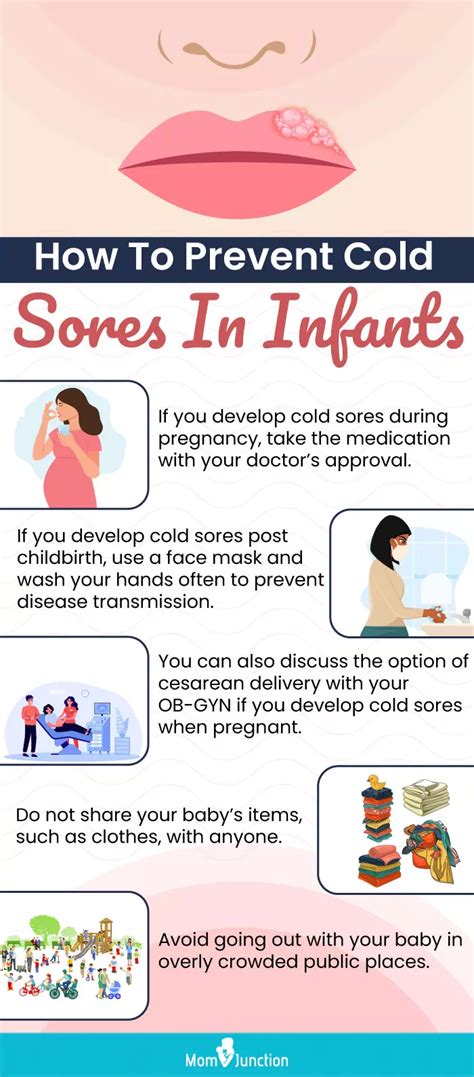
Causes and Risk Factors
The causes of cold sores in infants are often linked to the herpes simplex virus (HSV). The virus can be spread through skin-to-skin contact, such as kissing, touching, or sharing utensils. Other risk factors that can contribute to the development of cold sores in infants include: * Weakened immune system * Stress or fatigue * Illness or infection * Changes in the baby's environment * Exposure to triggers, such as sunlight or windDiagnosing Cold Sores in Infants
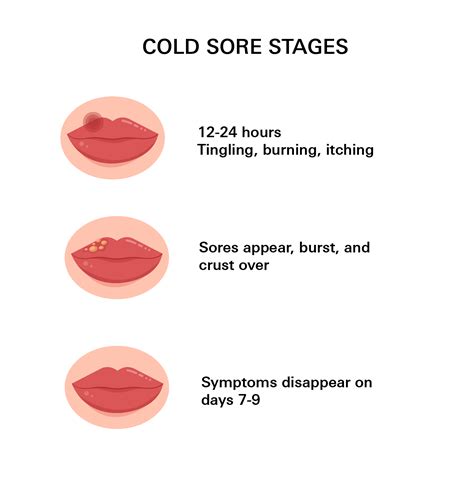
Symptoms and Signs
The symptoms of cold sores in infants can vary, but they often include: * Small, red, or pink bumps on the lips or around the mouth * Fluid-filled blisters that can rupture and form a crust * Fever * Irritability * Loss of appetite * Swollen lymph nodesTreatment Options for Infant Cold Sores
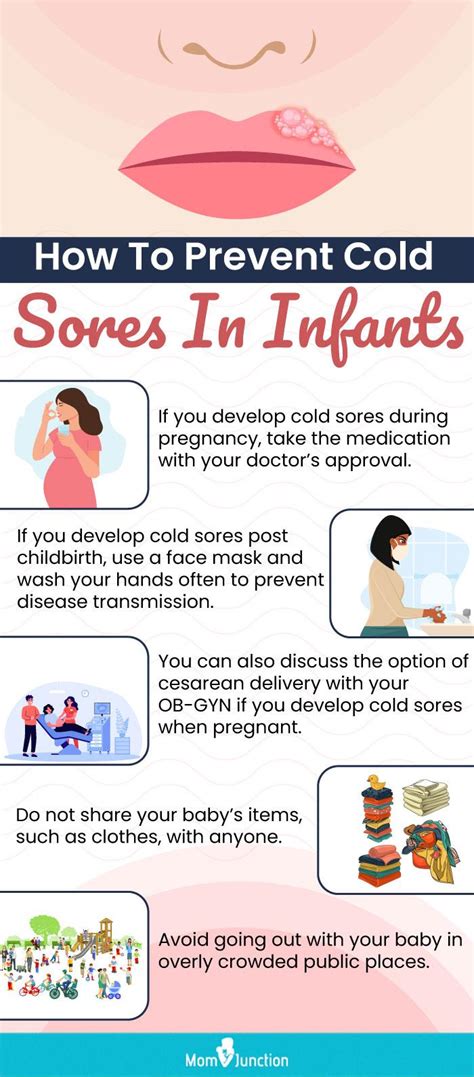
Home Remedies and Self-Care
In addition to medical treatment, there are several home remedies and self-care strategies that can help soothe and heal cold sores in infants. These include: * Keeping the affected area clean and dry * Applying a cold compress or warm bath to reduce discomfort * Using a humidifier to add moisture to the air * Avoiding triggers, such as stress or illness * Getting plenty of rest and maintaining good hygienePreventing Cold Sores in Infants
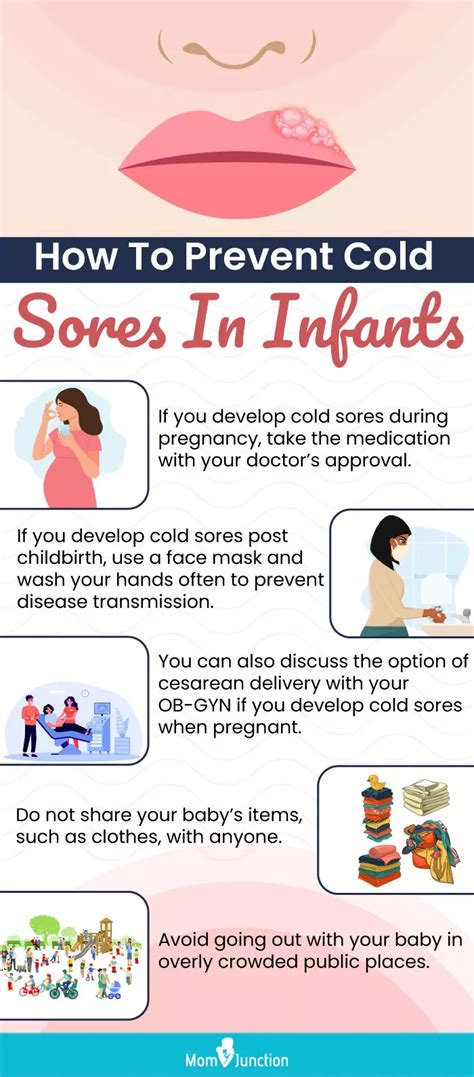
Vaccination and Prevention
There is currently no vaccine available to prevent cold sores in infants. However, researchers are working to develop a vaccine that can prevent the herpes simplex virus (HSV) from causing cold sores. In the meantime, parents can take steps to reduce the risk of transmission by practicing good hygiene and avoiding close contact with individuals who have cold sores.Complications and Risks
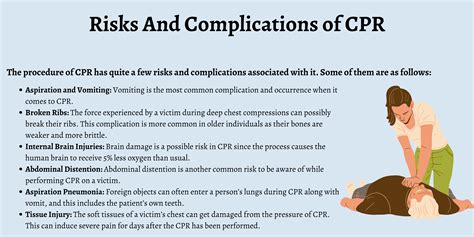
Seeking Medical Attention
It is essential for parents to seek medical attention if they suspect that their baby has contracted a cold sore. A healthcare professional can provide a proper diagnosis and recommend the best course of treatment. In some cases, cold sores can be a sign of a more serious underlying condition, such as a weakened immune system or an underlying health condition.What are the symptoms of cold sores in infants?
+The symptoms of cold sores in infants can vary, but they often include small, red, or pink bumps on the lips or around the mouth, which can eventually rupture and form a crust. The baby may also exhibit other symptoms, such as fever, irritability, or loss of appetite.
How are cold sores in infants diagnosed?
+Diagnosing cold sores in infants can be challenging, as the symptoms can be similar to those of other conditions. A healthcare professional will typically perform a physical examination and take a thorough medical history to determine the cause of the symptoms. In some cases, a laboratory test may be necessary to confirm the diagnosis.
What are the treatment options for cold sores in infants?
+Treatment for cold sores in infants typically focuses on relieving symptoms and reducing the risk of complications. Some common treatment options include antiviral medications, topical creams or ointments, pain relievers, and cold compresses or warm baths to reduce discomfort.
How can parents prevent cold sores in infants?
+Preventing cold sores in infants requires a combination of good hygiene, a healthy lifestyle, and avoidance of triggers. Some tips for preventing cold sores in infants include practicing good hygiene, avoiding close contact with individuals who have cold sores, keeping the baby's environment clean and stress-free, maintaining a healthy lifestyle, and avoiding triggers, such as stress or illness.
What are the complications and risks associated with cold sores in infants?
+Cold sores in infants can be associated with several complications and risks, including spread of the infection to other parts of the body, increased risk of developing other health conditions, scarring or permanent damage to the skin, and increased risk of transmission to other individuals.
As we conclude our discussion on infant cold sore treatment, it is essential to remember that cold sores can be a common and uncomfortable condition for babies. By understanding the causes, symptoms, and treatment options, parents can take steps to soothe and heal their baby's cold sores. If you have any further questions or concerns about infant cold sore treatment, we encourage you to share your thoughts and experiences in the comments below. Additionally, if you found this article helpful, please consider sharing it with others who may be struggling with cold sores in their infants. Together, we can work to provide the best possible care and support for our little ones.
